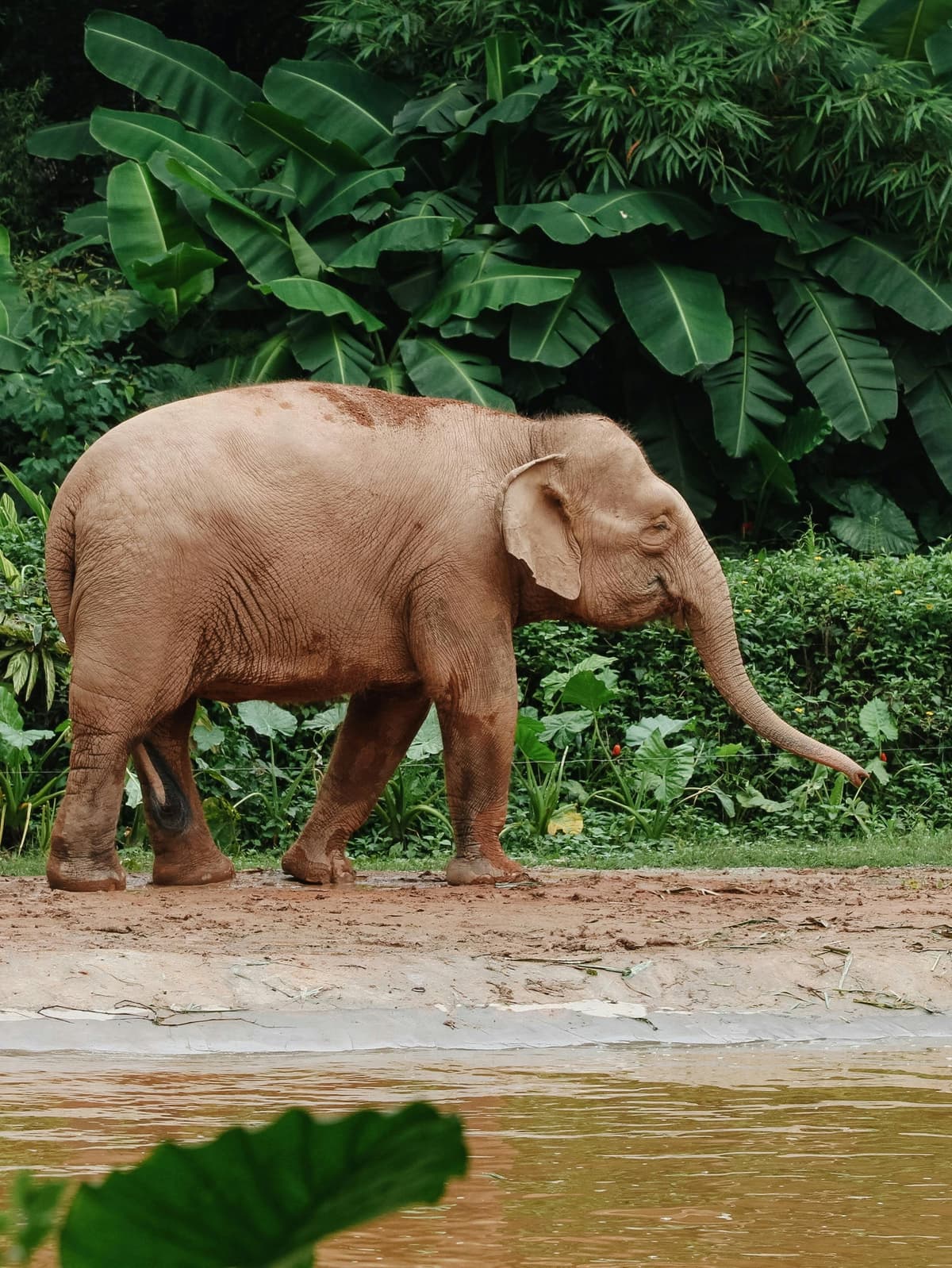
Protecting Our Environment is A Shared Responsibility
The environment is the foundation of all life on Earth. It provides us with the air we breathe, the water we drink, and the resources we use every day. Yet, in recent decades, human activity has placed increasing strain on natural systems. Climate change, deforestation, pollution, and the loss of biodiversity are urgent challenges that affect not only the health of our planet but also the well-being of future generations. Understanding the importance of protecting the environment and taking collective action are essential steps toward creating a sustainable world.
One of the most pressing environmental concerns is climate change. The burning of fossil fuels releases large amounts of greenhouse gases, such as carbon dioxide and methane, into the atmosphere. These gases trap heat and lead to global warming. The consequences include rising sea levels, extreme weather events, and disruptions to ecosystems. To mitigate these effects, societies around the world must transition to cleaner sources of energy, such as solar, wind, and hydropower. Reducing reliance on fossil fuels is not just an environmental priority but also an opportunity for innovation and green economic growth.
Another critical issue is deforestation, especially in tropical regions where rainforests serve as the “lungs of the Earth.” Trees absorb carbon dioxide, release oxygen, and provide habitats for countless species. When forests are cleared for agriculture, logging, or urban expansion, these benefits are lost, and biodiversity suffers. Protecting forests through sustainable land management, reforestation projects, and stricter policies is vital for maintaining ecological balance and combating climate change.
Pollution also poses a serious threat to the environment. From plastic waste in oceans to toxic chemicals in rivers, human activities are contaminating the natural world at alarming rates. Marine life, in particular, is suffering as millions of tons of plastic enter the seas each year, endangering fish, birds, and even the food chain that humans depend on. Addressing pollution requires both systemic solutions—such as better waste management and stricter regulations—and individual efforts, including reducing single-use plastics and recycling whenever possible.
Biodiversity loss is another challenge often overlooked but equally significant. The extinction of plant and animal species disrupts ecosystems and weakens their resilience. Every species, no matter how small, plays a role in maintaining balance. Conserving biodiversity means protecting habitats, reducing human encroachment, and supporting wildlife preservation efforts. When biodiversity thrives, ecosystems are stronger, and humanity benefits from services like pollination, clean water, and fertile soils.
Importantly, protecting the environment is not solely the responsibility of governments or large organizations. Individuals can make a difference through everyday choices: conserving energy, reducing waste, supporting sustainable products, and spreading awareness. Communities can organize clean-up drives, tree-planting events, or educational campaigns to inspire collective action. Small steps, when multiplied across millions of people, can lead to meaningful change.
In conclusion, the environment is our shared home, and its preservation is a shared responsibility. The challenges we face—climate change, deforestation, pollution, and biodiversity loss—are daunting but not insurmountable. By working together, embracing sustainable practices, and valuing nature as the life-support system it truly is, we can ensure a healthier, greener planet for generations to come. The time to act is now.

